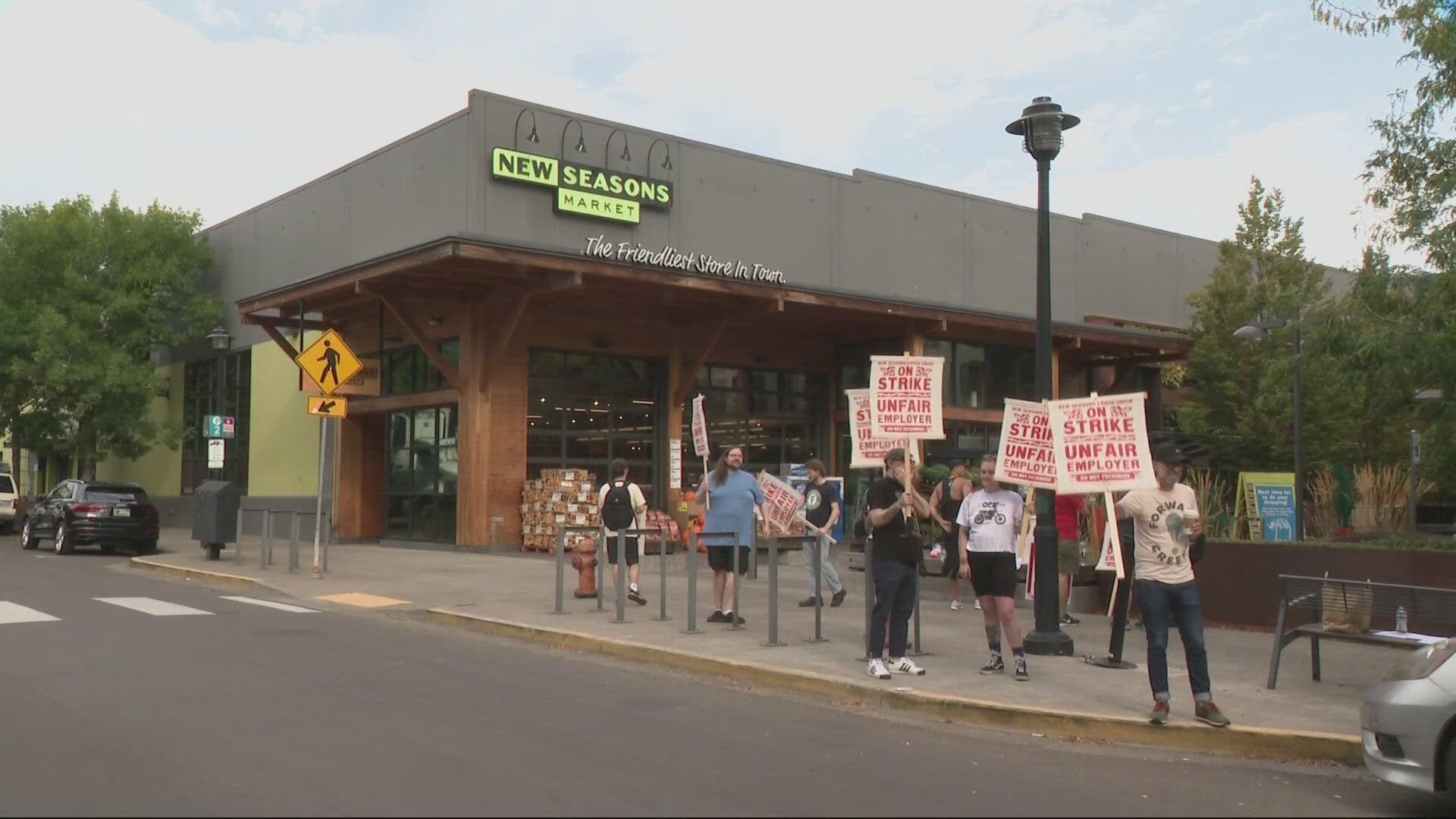PORTLAND, Ore. — An Oregon man has been charged with a federal hate crime after he targeted and brutally assaulted a gay man for his sexual orientation, according to the United States Department of Justice (DOJ).
According to a news release from the DOJ, Daniel McGee of Springfield, Ore., tried to kill the man after targeting him on Grindr, an app used for dating primarily by gay men.
Court documents detail that on July 5, after agreeing to meet the victim on July 5 using Grindr, McGee went to the victim’s apartment and beat the man with a wooden club for several minutes. The man pleaded with McGee to stop, but he did not. The victim sustained life-threatening injuries and was taken to a local hospital.
Prior to the assault, court documents allege that McGee’s internet search history showed that he searched for and watched graphic and violent anti-gay content including videos of anti-gay attacks. He also used the internet to plan the attack, purchasing the weapon used and other things online. He also searched for suggestions on how to get away with murder and how murderers avoided getting caught.
RELATED: Oregon bias crime hotline set to increase staff after receiving $2 million in new state funding
McGee was arrested on Nov. 15 and will be detained pending further court proceedings.
In October 2020, UCLA’s Williams Institute School of Law released statistics that show LGBTQIA+ people are nearly four times more likely than straight people to be the victims of violent crime. It details that the results stemming from the 2017 National Crime Victimization Survey show that LGBTQIA+ people experienced 71.1 victimizations per 1,000 people compared to 19.2 for straight people.
The study went on to find that queer people are nearly six times more likely to experience violence by someone who is well known to them and about 2.5 times more likely to experience violence at the hands of a stranger when compared to straight people.
As for men, the risk of violence for queer men is more than twice that of straight men.
"These data show what was hidden from view before NCVS included measures of sexual orientation and gender identity to allow the analyses reported here. It is important that such data collection continue uninterrupted," said study author Ilan H. Meyer, distinguished senior scholar of public policy at the Williams Institute on its website. "The findings point to the importance of policies and interventions to reduce victimization and the need to consider the unique susceptibility to violence and the high rates of crime experienced by LGBT people."



